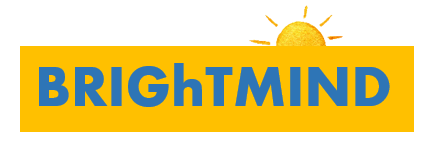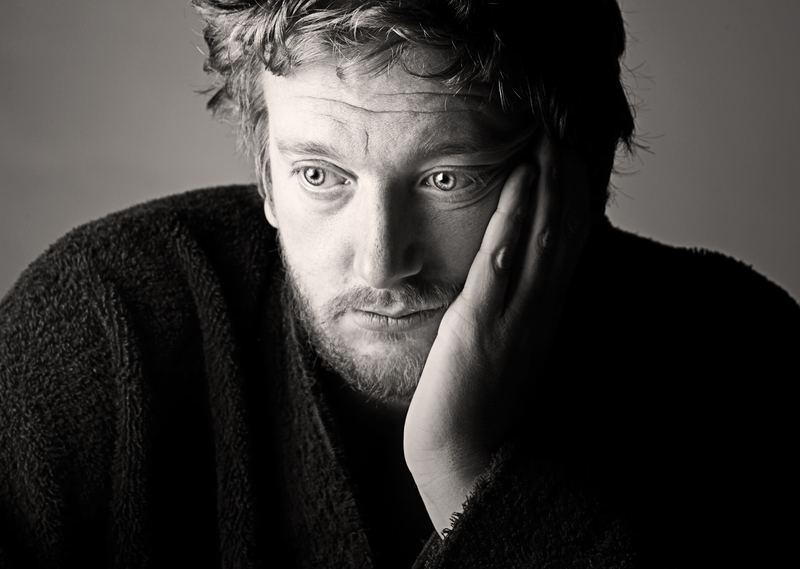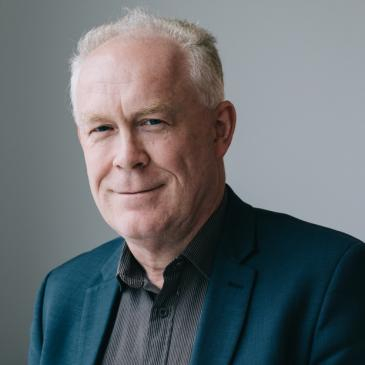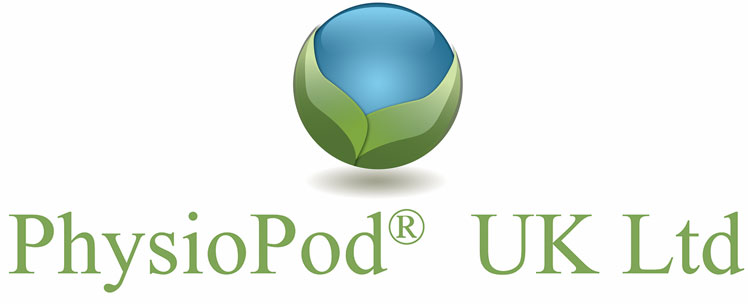Focused TMS using MRI scans can reduce symptoms of treatment-resistant depression for up to six months - major new clinical trial from Nottingham University finds
A major new clinical trial published in Nature Medicine on January 16th from The University of Nottingham found that focused Transcranial Magnetic Stimulation (TMS) of depressive brain areas using MRI scans can improve symptoms for up to six months. Transcranial Magnetic Stimulation (TMS) is delivered in sessions over four to six weeks.

The BRIGhTMIND trial, led by Professor Richard Morriss, received funding from the Medical Research Council (MRC) and the National Institute for Health and Care Research (NIHR).
Morriss, R., Briley, P.M., Webster, L. et al. Connectivity-guided intermittent theta burst versus repetitive transcranial magnetic stimulation for treatment-resistant depression: a randomized controlled trial. Nat Med (2024). https://doi.org/10.1038/s41591-023-02764-z

Depression is one of the most prevalent mental health disorders, affecting around 1 in 6 adults in the UK
(Source Data and analysis from Census 2021)
PhysioPod® Foreword:
We wrote to Professor Richard Morriss for his thoughts on the accessibility of the treatment for the general public. The following detailed overview of the accessibility of TMS within the NHS and the varying perspectives on its cost-effectiveness in different regions is an important insight into mental health treatment options. Prof Richard Morriss' efforts to personalize and improve TMS for depression, alongside the considerations for its potential impact on healthcare costs and patient outcomes, are valuable areas for public and professional discussion. It is indeed an essential subject for broader awareness and deliberation.
"Thank you for your interest. This is a treatment that is very much a postcode lottery in the UK in terms of the NHS. To my knowledge, TMS is available in around 10 NHS trusts at the moment in England, but a number are planning to set it up. There is one NHS service in Wales where TMS is available and no provision at all in Scotland or Northern Ireland. It is available privately in most parts of the UK, but the cost is around £3–4,000 per course. A referral to a psychiatrist and then to the TMS service is how you access it, where it is available. If the local mental health trust does not have a service, then it is accessed by making a case to the local commissioners, called an ICS in England, who will access a neighbouring NHS Trust that does provide TMS or from a private provider. Typically, a patient will need support from both their GP and psychiatrist, and even then, they may not be successful.
In 2015, NICE approved TMS for use in the NHS as a depression treatment. Unlike drug treatments that are approved by NICE, there is no obligation whatsoever on commissioners or mental health services to provide a non-drug treatment. This seems unfair and encourages people to be on drugs rather than alternatives.
Both Wales and Scotland have produced reports stating that they do not believe TMS to be a cost-effective treatment. This is based on their review of cost-effectiveness. Typically, treatments would take an hour to deliver on 20 occasions, and the duration of improvement would be a maximum of 3 months. However, these assumptions are out of date. There is a faster form of TMS called theta burst, which takes only 15 minutes to deliver and can be delivered several times per day. BRIGhTMIND (the name of the study that I led) was an attempt to get a longer period of improvement lasting at least 6 months by personalising the treatment using MRI and a neuronavigation system (which ensures the same stimulation site is reached on each of the 20 treatments). We compared a highly personalised form of theta burst stimulation with a more traditional form of TMS called rTMS. There was no difference between the two. However, by personalising the treatment, about 1 in 2 gained a substantial benefit (improving depression, clarity of thinking, anxiety, function, and quality of life) lasting 6 months, with one in 5 getting a 50% reduction in their symptoms that was sustained for 6 months. This was in people who had not responded to at least two previous treatments and often had very long episodes of depression, with a median of 6-7 years. There are hardly any services offering this personalisation using MRI (partly cost, partly lack of access to MRI), although a lot of TMS services are using neuronavigation now.
We are continuing to research how to improve TMS further for depression and also ways of personalising it in a way that does not require MRI. We don’t currently have the resources to do a piece of research that is now needed comparing the clinical and cost-effectiveness of MRI versus non-MRI-guided TMS for treatment-resistant depression. MRI and neuronavigation add 25% to the cost, but if the effects last longer, it may be cost-saving. The cost of using treatments for treatment-resistant depression that are not particularly effective is £4,000 per year (Morriss et al., 2026 Lancet Psychiatry), not very different from giving TMS with MRI and neuronavigation once per year with all the other follow-up and care needed. However, 2 or 3 times more people might improve for the same cost to the NHS, improving often enough to work again so they do not need support from the state or live off their savings, which is an overall benefit to the public purse. Hence my desire to publicise this work and promote discussion within the public and professional arenas here and internationally. In my view, every mental health service in the UK should now be offering theta burst stimulation TMS, which is generally well tolerated and has very few serious adverse effects. There are self-limiting side effects like headaches and watering eyes that can be unpleasant, lasting a few hours and generally going within the first few treatments of the 20 that are given."

Richard Morriss, Professor of Psychiatry, University of Nottingham
About Richard
Richard Morriss is a Professor of Psychiatry and Community Mental Health at the University of Nottingham and an Honorary Consultant Psychiatrist at Nottinghamshire Healthcare NHS Trust, United Kingdom. Richard's interests include depression, anxiety and bipolar disorder in all settings, implementation of service innovation, digital and neuromodulation technology, safety of drug treatments and evaluation of complex interventions. He was Chair of the 2014 NICE Guideline Development Group on Bipolar Disorder and a NICE expert panel member. He is a mental health lead or deputy lead for 3 national NIHR mental health centres: ARC East Midlands, a centre for applied research and its implementation into NHS practice; NIHR MindTech Health Technology Co-operative, a national centre for digital mental health; and the Mental Health and Technology theme in the Nottingham NIHR Biomedical Research Centre. He is the Chief Investigator of the BRIGhTMIND and Alpha Stim D randomised controlled trials of neuromodulation in depression. He was appointed a NIHR Senior Investigator in 2017.

